 CIPPM Researchers Professor Maurizio Borghi, Dr. Marcella Favale, Dr. Fabian Homberg, Mr. Conor O’Kane, Mr. Bartolomeo Meletti, Dr. Dinusha Mendis and Professor Ruth Towse attended the All-Hands Meeting hosted by CREATe, University of Glasgow on 15-16 September 2014.
CIPPM Researchers Professor Maurizio Borghi, Dr. Marcella Favale, Dr. Fabian Homberg, Mr. Conor O’Kane, Mr. Bartolomeo Meletti, Dr. Dinusha Mendis and Professor Ruth Towse attended the All-Hands Meeting hosted by CREATe, University of Glasgow on 15-16 September 2014.
Set in the beautiful Mackintosh Suite of House for an Art Lover (designed by Charles Rennie Mackintosh), the event showcased the projects and associated projects of CREATe’s consortium members. It also provided an opportunity to stage the projects through the medium of exhibition posters thereby capturing the creativity of the research – very much the theme of the two days.
The involvement of CIPPM Researchers in various CREATe projects led to a number of posters and presentations.
CIPPM, Co-Director, Professor Ruth Towse, Principal Investigator of the project, ‘Historical Analysis of the Role of Copyright in Music Publishing’ presented the research on the economic survival of the music publishing industry. CIPPM Director, Professor Maurizio Borghi and CIPPM Research Assistant Hyojung Sun also forms part of this team together with Professor Fiona MacMillan of Birkbeck College, University of London.
CIPPM Research Fellow, Dr. Marcella Favale presented her research carried out with CREATe Director and CIPPM Visiting Professor, Professor Martin Kretschmer and Professor Paul Torremans of University of Nottingham. The project titled ‘Is there a EU Copyright Jurisprudence’ attempts to understand how copyright jurisprudence is created.
CIPPM Member and Lead Producer of the project, Mr. Bartolomeo Meletti, presented the research on Copyrightuser.org Funded initially by Bournemouth University’s Fusion Investment Fund and extended by RCUK funding provided by CREATe, copyrightser.org is an online resource aimed at making UK copyright law accessible to creators and members of the public. It is a joint project between CIPPM, CREATe and the Centre for Media Practice (CEMP) at Bournemouth University.
CIPPM Co-Director and Principal Investigator of Copyrightuser.org, Dr. Dinusha Mendis and CIPPM Copyright Researcher and PhD Candidate Ms. Hayleigh Bosher forms part of the project together with leading UK copyright experts and various academic contributors who also form part of the copyrightuser.org team.
At the event, Dr. Dinusha Mendis was invited to speak in the ‘Rump Plenary Session’ (5 New Things for CREATe to Think About). In this context, Dr. Mendis spoke about her research on 3D Printing and IP Law.
CIPPM Member, Dr. Fabian Homberg presented his research carried out together with Dr. Kris Erickson (CREATe Research Fellow) and Professor Martin Kretschmer. Titled, ‘Kickstarter Loves the Public Domain’ the project considers how copyright works in the public domain are valued – with the focus on the poster/presentation being on the Kickstarter element of the project.
CIPPM Visiting Professor, Professor Paul Heald and CIPPM Co-Director, Dr. Dinusha Mendis also forms part of this project together with a number of other collaborators.


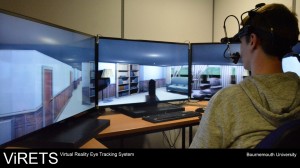

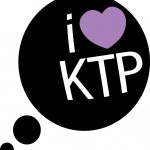
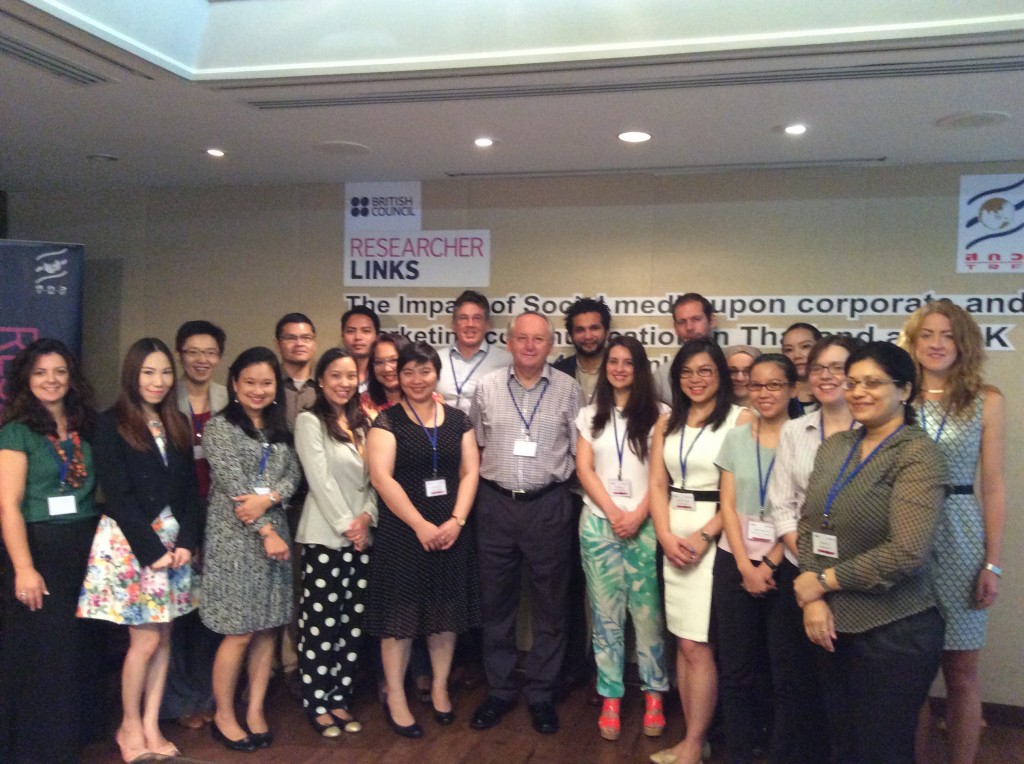

 It will take place on Friday 7th November, 2014 at Bournemouth University’s
It will take place on Friday 7th November, 2014 at Bournemouth University’s 
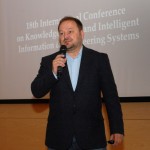
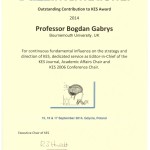

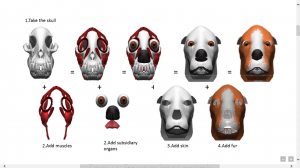
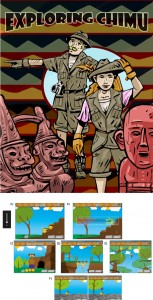
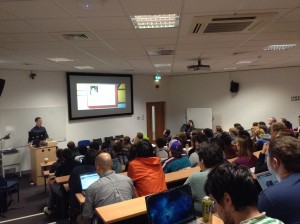
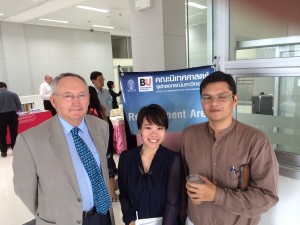













 Beyond Academia: Exploring Career Options for Early Career Researchers – Online Workshop
Beyond Academia: Exploring Career Options for Early Career Researchers – Online Workshop UKCGE Recognised Research Supervision Programme: Deadline Approaching
UKCGE Recognised Research Supervision Programme: Deadline Approaching SPROUT: From Sustainable Research to Sustainable Research Lives
SPROUT: From Sustainable Research to Sustainable Research Lives BRIAN upgrade and new look
BRIAN upgrade and new look Seeing the fruits of your labour in Bangladesh
Seeing the fruits of your labour in Bangladesh ECR Funding Open Call: Research Culture & Community Grant – Apply now
ECR Funding Open Call: Research Culture & Community Grant – Apply now ECR Funding Open Call: Research Culture & Community Grant – Application Deadline Friday 12 December
ECR Funding Open Call: Research Culture & Community Grant – Application Deadline Friday 12 December MSCA Postdoctoral Fellowships 2025 Call
MSCA Postdoctoral Fellowships 2025 Call ERC Advanced Grant 2025 Webinar
ERC Advanced Grant 2025 Webinar Update on UKRO services
Update on UKRO services European research project exploring use of ‘virtual twins’ to better manage metabolic associated fatty liver disease
European research project exploring use of ‘virtual twins’ to better manage metabolic associated fatty liver disease